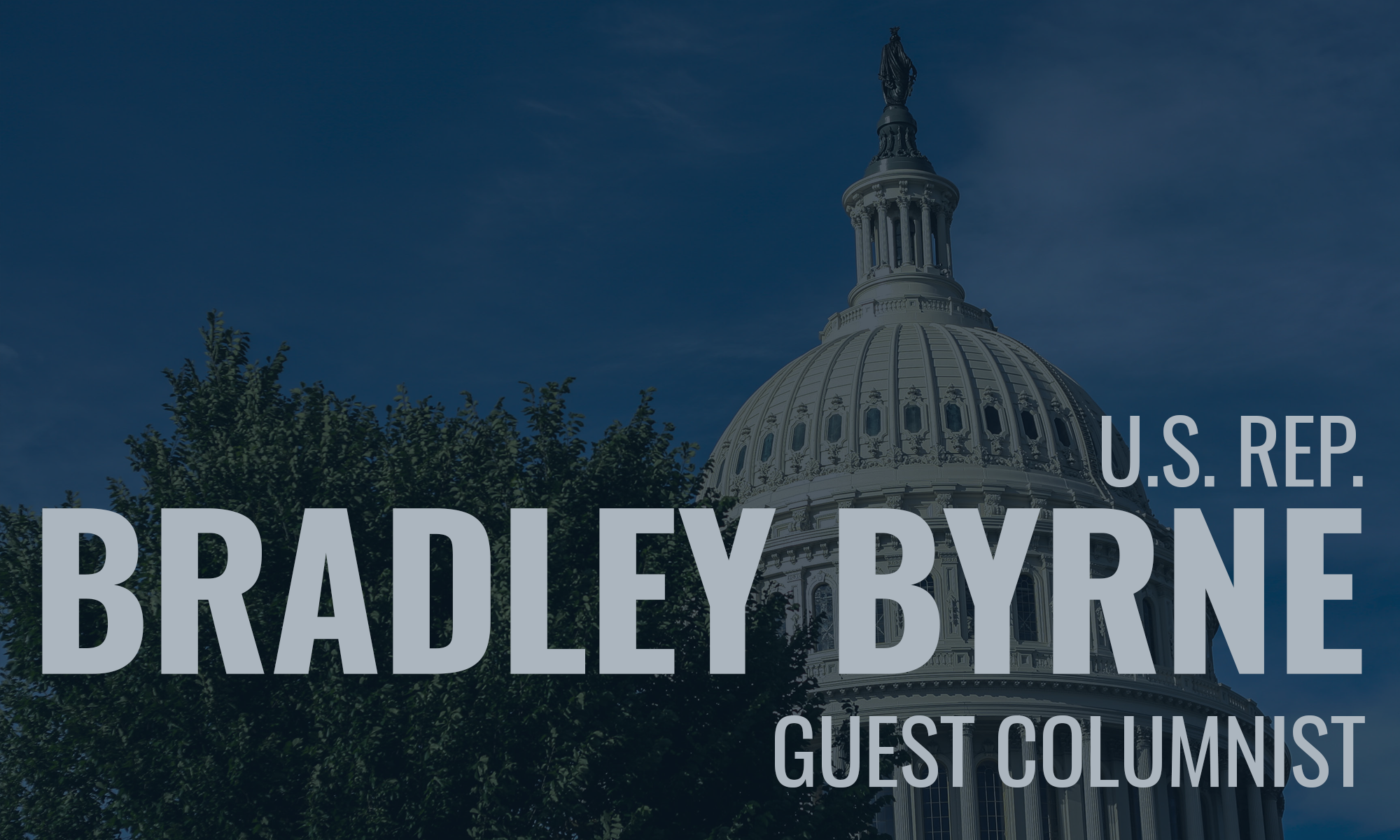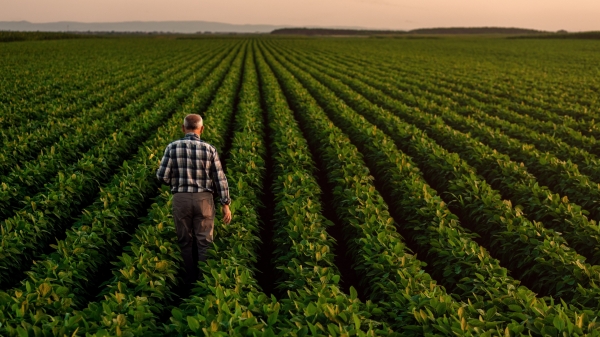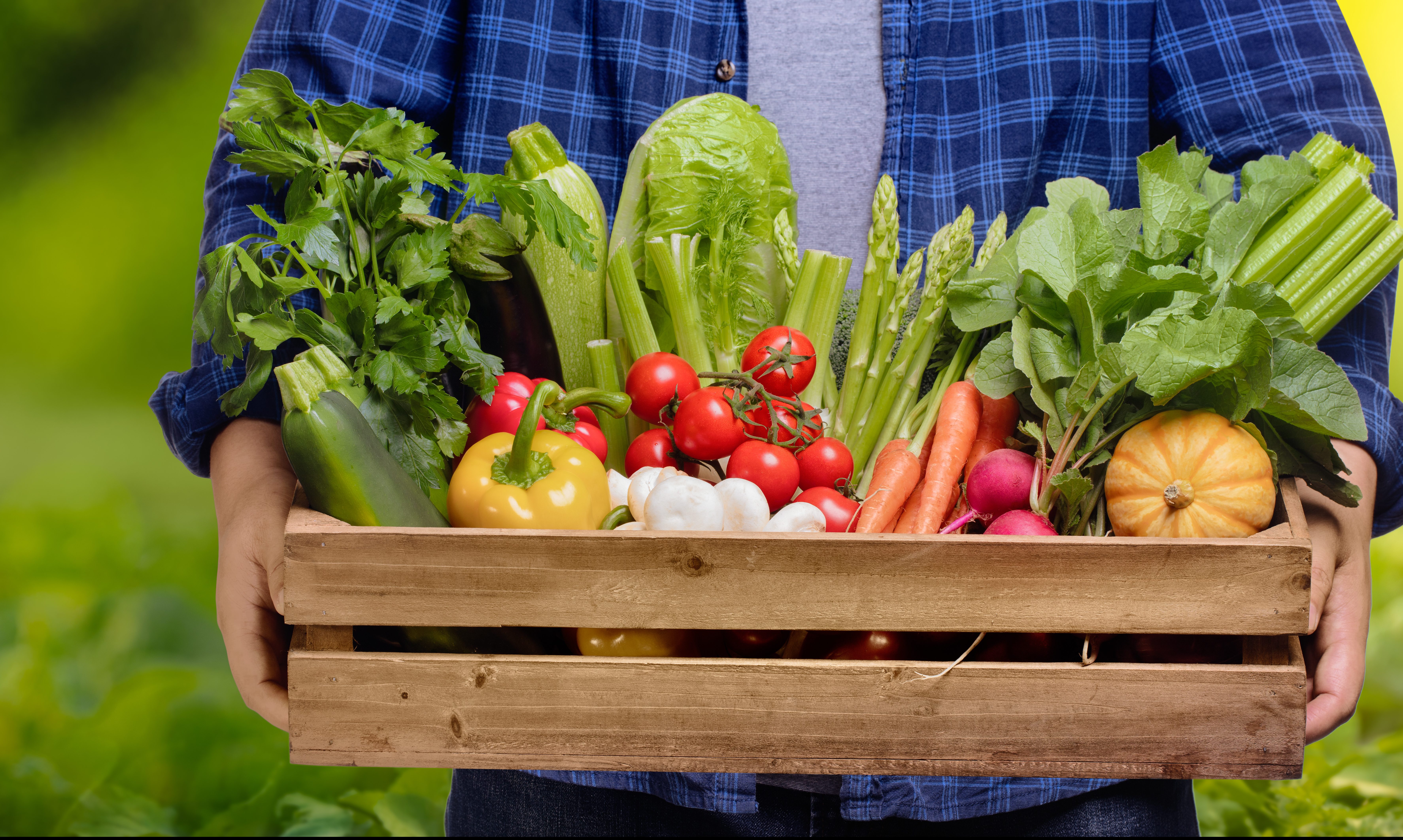This past week, I had the pleasure of visiting many fine farmers and foresters throughout Southwest Alabama to learn more about the incredible work they do on a daily basis. This was part of my annual “Ag Matters” agricultural tour, which brings me to farms and forests in each of the six counties that make up Alabama’s First Congressional District.
Forestry in Alabama first began in Clarke County, and that is where I began my tour. I was pleased to learn more about how the people at Canfor Southern Pine carry on the forestry tradition to this day.
Not only are they the largest employer in Jackson, Canfor produces high-quality lumber products that are used all throughout the Eastern United States. At this mill alone, they produce around 110 million board feet per year in lumber products. To produce this much material, they rely on the sustainable harvesting of private timberlands throughout our region.
I had a chance to tour some of these private timberlands and learn more about ways owners are working with the Fish and Wildlife Service to protect endangered and threatened species. It is important that we find solutions that work for both our environment and for those trying to make a living through sustainable practices.
Animals such as the gopher tortoise and the black pine snake are threatened in certain areas of Alabama. Timberland owners and workers want to protect our environment, as a healthy environment is critical to their future. But, they should not be unduly limited by the government in the work they do.
I was able to talk with several foresters from all around Southwest Alabama at a forestry roundtable hosted at a local branch of Alabama Ag Credit. The people at Ag Credit also know that our farmers and foresters are our future and believe in providing them with sound financial options through responsible lending and thorough financial counseling.
As I continued my tour, I saw some excellent examples of topiary management at a garden nursery in Mobile, learned about the bumper crop of cotton this year at farms in Escambia and Baldwin counties, and was informed of the status of this year’s peanut harvest.
This past year, I was one of the leading advocates to get cotton back in Title I of the Disaster Package to provide further assistance and recovery options for farmers adversely affected by unforeseen natural circumstances.
One of the biggest takeaways from my tour this year was just how fortunate we are that we were not more directly impacted by Hurricane Michael. I’m dedicated to working with Representative Martha Roby on continued recovery efforts for farmers in the Wiregrass and throughout South Alabama. We need to make sure they receive the necessary federal and state assistance they deserve to get through these unexpected and difficult times.
One thing is certain: as we enter the final legislative session of this year, we must reauthorize the Farm Bill. The Farm Bill will provide greater protections for the cotton and peanut growers in our area and for other farmers and foresters throughout Alabama and the nation.
Without the tireless efforts of producers all across the nation, life as we know it would not exist. From providing the food we eat, to the raw materials for the clothes we wear, to the foundational building elements all around us, our farmers and foresters impact our daily lives in truly tangible ways.
We owe it to them to fight for more protections to help create a stronger future for all of Alabama, and we must always remember that our farmers are our future.





















































